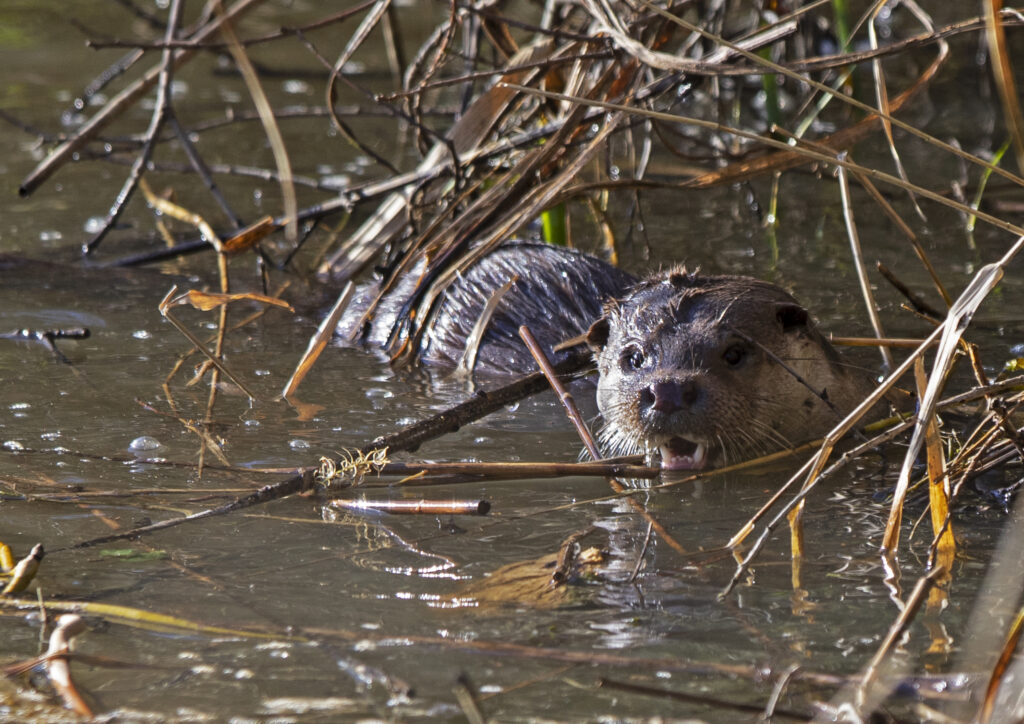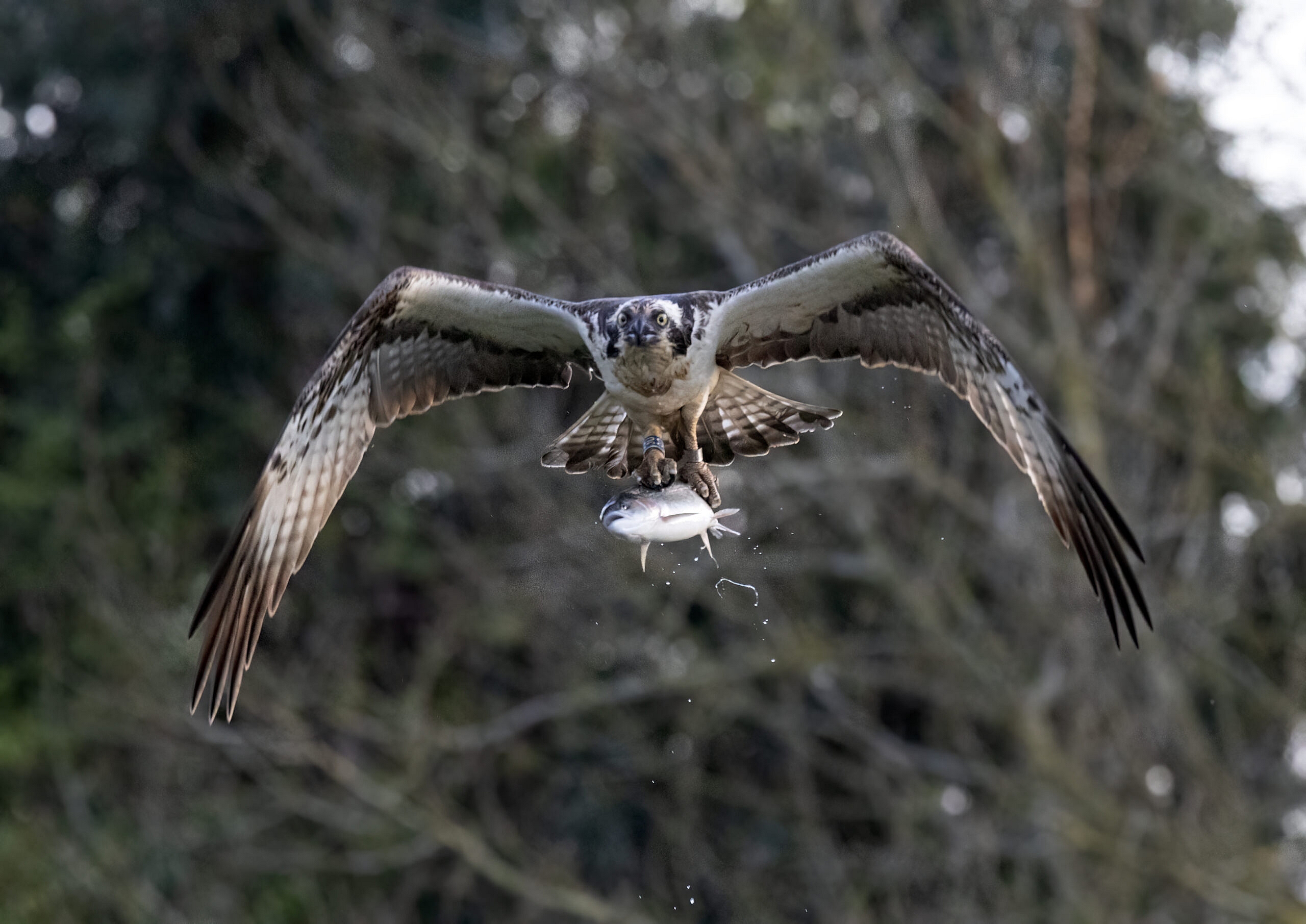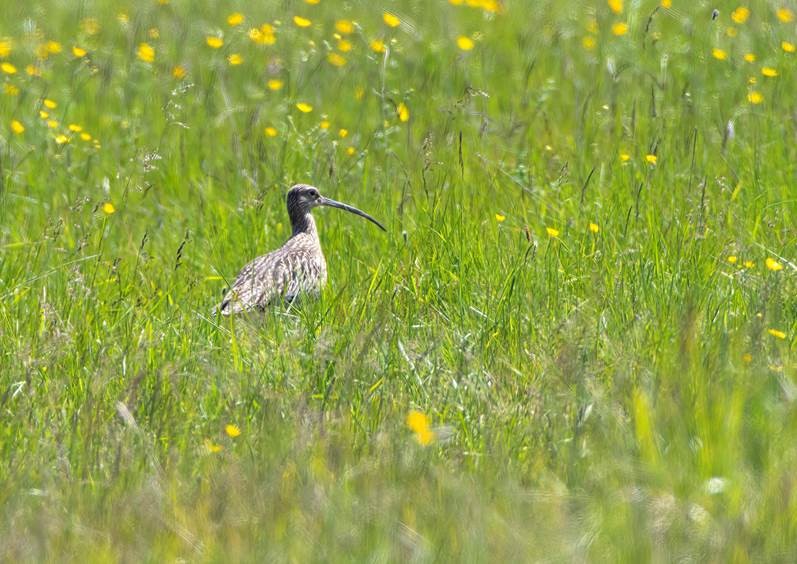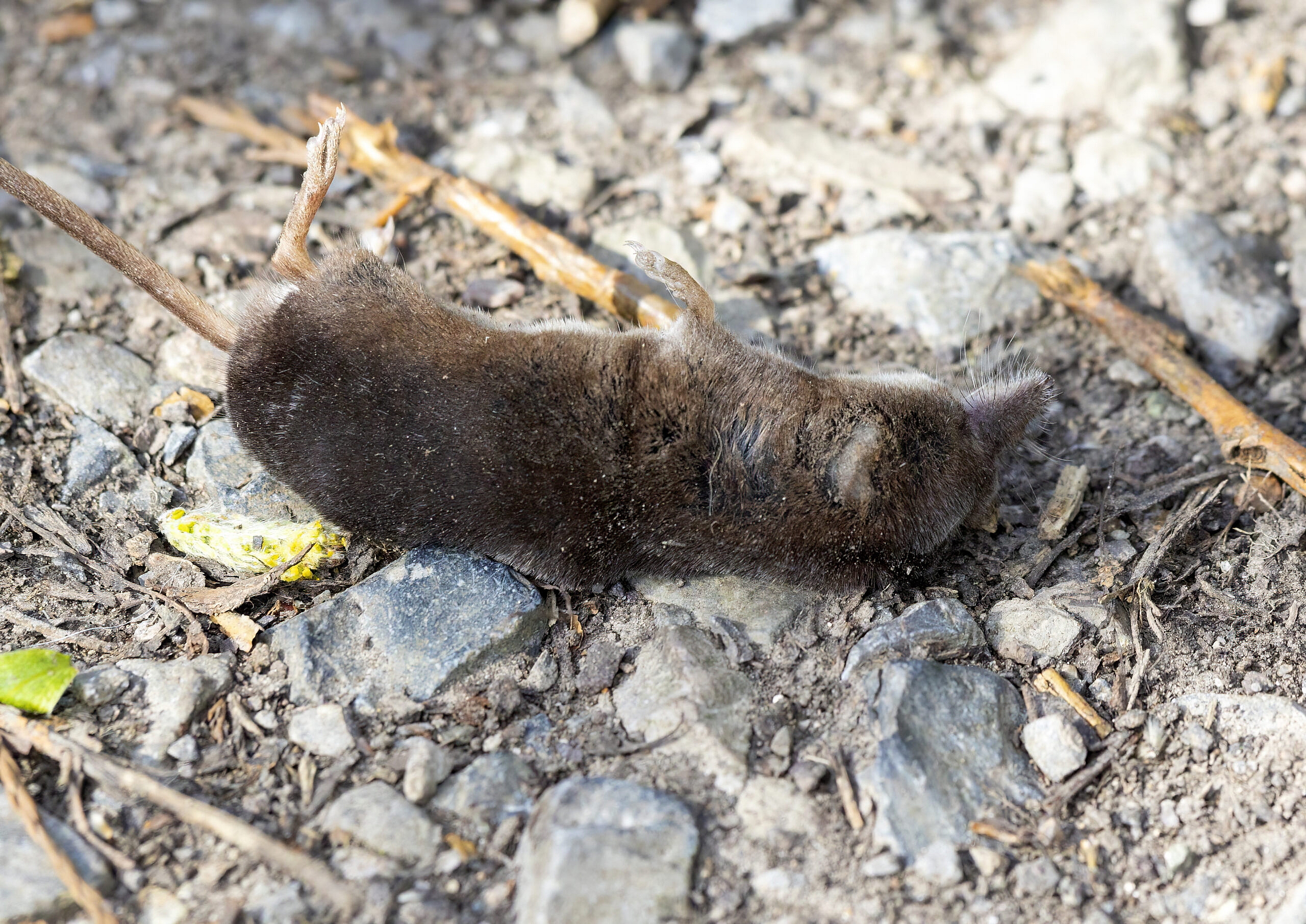For weeks now, my wife and I have taken to walking every morning before we start work, not so much from a lockdown “permitted daily exercise” perspective as from a lockdown “stomach needs resizing” one. We walk a few different routes, but my favourite is down to our local lake. I like it because if we get a nice sunrise the waters reflect it, which is always cheering when all that the rest of the day holds is work. But mainly I like it because there is the chance to spot some wildlife. In my relentless drive to see the rare and exotic away from my home, I’ve tended to overlook the value of the space around my home, on the borders of a spreading housing estate. The folly of that has been slowly brought home to me over the last few weeks. Several lockdown walks have brought my wife and I close encounters with a Kingfisher, often as a dazzlingly blue rocket streaking along barely a wing’s length above the water, but on one morning walk recently, we strolled down to the edge of the lake to look at it, only to be surprised by the Kingfisher as he plopped down from a branch just a few feet away, and hurtled off bearing a small, wriggling fish in his beak. On another walk, we treated to a furious display of indignant piping as a pair of Kingfishers, cruelly out of sight around the curve of a thick bush, battled for ownership of the lake’s prime fishing. One friend, who has watched them for years and can identify them individually by bent feathers and broken beak-tips, told me that the fighting pair were Father and Son. The Father is more than four years old. That’s far from a record for Kingfisher, but is twice the average two-year lifespan. The following day’s walk we saw no sign of Kingfisher, but a Little Egret and a Grey Wagtail occupied the small stream that feeds the lake. A day later, a buzzard scraped the low, grey sky overhead. But two days later came a sighting that made me literally dance a little jig of joy, like a kid who just got his dream present at Christmas.
It’s always an effort to emerge in the mornings, particularly when it’s cold and wet. This day was both, clad in a freezing fog that apparently liked the town so much that it stayed all day. Spectral trees faded into the background and the moisture gathered on my eyelashes as I walked until I was blinking tears. The footpath gradually faded into grey, lit by streetlamps that from a distance seemed to be globes of light hanging unsupported in the air. It wasn’t a day where I had high expectations of seeing anything, let alone any wildlife: even the usual dog-walkers seemed absent. My wife and I walked down the path, crossed under the main road, and emerged out near to the small curved weir that holds back the lake’s waters. Across the lake, grey water faded into grey sky, as if some slovenly painter had forgotten to add a horizon. A small movement caught my eye, and there it was. A crisp wake, as though a sharp knife was cleaving the water in two, was spearing out from the bank, b purposeful and powerful, a torpedo fired aimed towards one of the small islands that dot the lake. I was pretty sure what it was the second that I saw it, but then it dove into the water, a long, slick back arching gracefully downwards, followed by a small flip of a powerful tail. I was less than a quarter-mile from my home, watching a wild otter.
I have been privileged to see otters many times. I have watched a mother otter groom her kitt’s fur just yards from me, and once saw an entire family group of five otters at the same time. This distant glimpse was, in many ways, nothing special for me. But it was special for me, because this otter was on my doorstep. I have lived near this lake for almost thirty years, and watched it gradually transform from bulldozed mud and optimistic saplings into a habitat, punctuation in a chapter of houses and more houses and more houses that is still being written. This is my space, my community, my local patch. My otter.
And there it is. Not the answer to all of the woes that face the natural world in our far from sufficient husbandry, but perhaps one of the many tools we will need to fix it. I cared about this otter because it was, in its own way, part of my community. A neighbour, of sorts. Perhaps if we could all feel that way, the world might become, in a small way, a better place.






Social Profiles